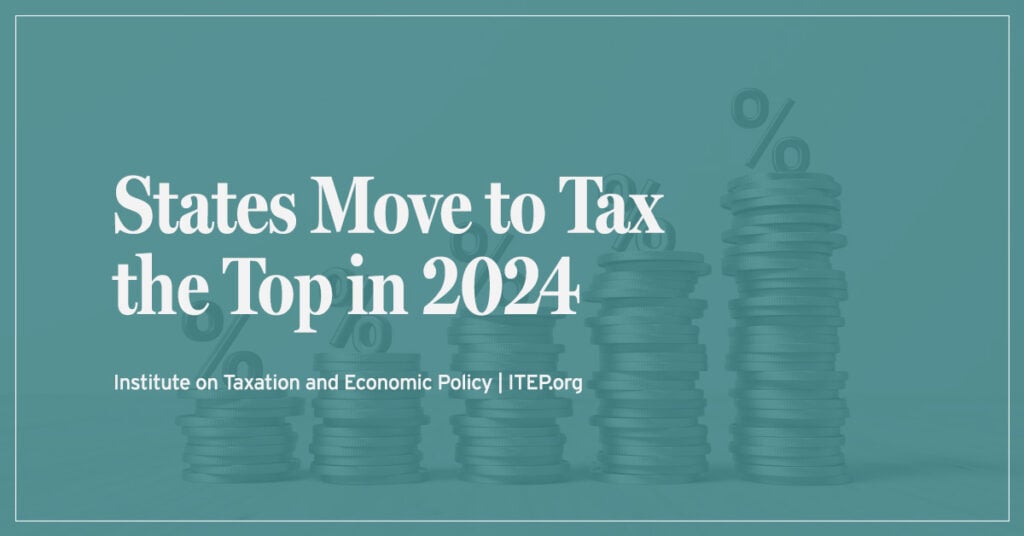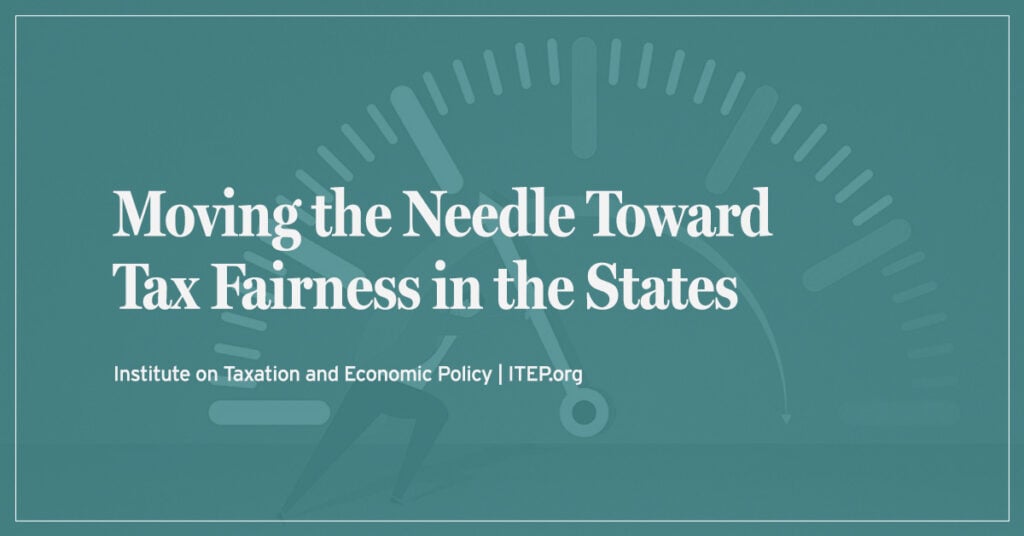States have varying gas tax rate structures, which can be boiled down to one of two general forms: a fixed-rate tax or a variable-rate tax. Flat-rate gas taxes, like those in now Massachusetts and New Hampshire, collect a certain number of cents per gallon of gas purchased. Meanwhile, variable-rate taxes are calculated one of several ways—based on the price of gas (similar to a traditional sales tax), based on a broader measure of the economy’s inflation, or based on a hybrid of both the price of gas and an inflation measure, according to a May 2014 policy brief from the Institute on Taxation and Economic Policy (ITEP).
Quoted Staff Member
Related Reading

March 26, 2024
Our Taxes Can Set Kids Up for Success

March 20, 2024
States Move to Tax the Top in 2024

March 4, 2024
Moving the Needle Toward Tax Fairness in the States
Mentioned Locations
Massachusetts

